Challenging The NCAA: HBCUs Say No More Discrimination In Academic Rules
Education
HBCU Lawsuit In Maryland Challenges Funding Disparities
HBCU Lawsuit In Maryland Challenges Funding Disparities
Listen
·
3:55
3:55
Toggle more options
- Download
Embed
Embed
<iframe src=https://www.npr.org/player/embed/782469039/782469040″ width=100% height=290″ frameborder=0″ scrolling=no title=NPR embedded audio player>
Critics claim the academic standards, and the penalties for not meeting them, discriminate against Black college athletes and Historically Black Colleges and Universities.
Now, lawyers have filed a class action, civil rights lawsuit demanding the NCAA’s current system, called the Academic Performance Program, be abolished.
Putting HBCUs at a disadvantage
The APP requires college teams to hit certain academic benchmarks. If a team comes up short of the benchmark, which uses a metric called the APR (Academic Progress Rate), the punishment can range from having practice time cut, to a ban on postseason play.
The benchmarks are based on team members’ grades, eligibility, whether they’re graduating or staying in school. And they put HBCUs at a disadvantage.
Attorney Beth Fegan says that’s because an important part of HBCUs mission has always been to enroll low income, first generation and at-risk students.
«And so HBCUs are already starting at lower graduation success rates, lower academic progress rates, Fegan said, «and yet they’re being held to the same benchmarks as predominantly white institutions who don’t have the mission [HBCUs do]. The NCAA should be supporting the mission of HBCUs, not penalizing them for it.
Fegan has done battle with the NCAA before. The discrimination lawsuit she and other attorneys filed Thursday in Federal District Court, zeroes in on the academic penalties. A decade’s worth, that Fegan says skews dramatically toward HBCUs.
«While only six and a half percent of Division 1 schools are HBCUs, she said, «Seventy-two percent of the teams that’ve been banned from post-season competition are HBCUs. So in effect, 114 of 159 teams are HBCU teams that’ve been banned.
The bans on those HBCU teams meant less money for schools that aren’t rich to start with. And it meant college athlete’s lives were altered.
Enlarge this image
Troyce Manassa #4 of the Savannah State Tigers shoots a layup against the Memphis Tigers at FedExForum in Memphis in 2016.
Joe Murphy/Getty Images
hide caption
toggle caption
Joe Murphy/Getty Images
Transcript
Manassa says he relished the nurturing environment at his HBCU. But having experienced the penalty of not measuring up academically, even though he wasn’t the reason, Manassa feels strongly that the NCAA needs to measure more fairly.
«All schools are not created equal, he said. «So how you going to hold every school to the same standard if every school don’t have the means to live up to those standards?
Inaccurate, inequitable and discriminatory
Monique Ositelu has spent a good deal of her professional time thinking about the inequities of the current system. She is a senior policy analyst at New America, a policy think tank in Washington, D.C., and focuses on higher education issues.
Ositelu was also a former Division 1 track and field athlete, so these issues are near to her heart.
Her preference is for the NCAA to do away with the APP’s APR metric.
«It’s an innacurate, inequitable and discriminatory tool, she said. «In its attempt to say it’s measuring academic progress, there’s no empirical evident that it’s doing that.
And Ositelu says if the intention of penalizing schools was to improve academic progress and graduation rates, that’s not happening either.
Sports
NCAA Board of Governors To Ensure Fair Compensation For College Athletes
NCAA Board of Governors To Ensure Fair Compensation For College Athletes
Listen
·
3:37
3:37
Toggle more options
- Download
Embed
Embed
<iframe src=https://www.npr.org/player/embed/847982983/847982984″ width=100% height=290″ frameborder=0″ scrolling=no title=NPR embedded audio player>
Transcript
«I found in collecting data, she said, «that even [with] those schools that got a penalty, both HBCU and non-HBCU, [the penalty] had no effect on increasing the grad rate. So the question is, is it doing what they intended it to do? Or is this an underlying approach to use policies to perpetuate institutional racism, and cover it by saying ‘oh we want all our student athletes to do well,’ but actually [the penalties] are dismantling HBCU athletic programs and having disproportionate impacts on Black athletes.
Any path forward, Ositelu says, has to be more equitable. And whatever metrics are used to promote academic progress among college athletes, she says they need to be race and resource conscious.
«Understanding that HBCUs have a completely different mission than predominantly white institutions, Ositelu said. «Their student bodies, with their challenges and needs, are different. And so [it’s important] to give HBCUs latitude and autonomy to alter these metrics. Tailor them to what HBCUs can actually achieve. So it’s not punitive.
The rules continue
The NCAA did not respond to repeated requests for comment on this story.
But over the years, NCAA officials have acknowledged, numerous times, that academic rules and penalties hurt Black athletes and HBCUs disproportionately.
Still, the rules continued.
The NCAA has provided extra money to HBCUs to help with academic support for athletes. But critics say it still pales in comparison to the money that large, predominantly white schools spend.
The lawsuit filed Thursday asks for compensation for Black college athletes whose teams have been penalized by the APP, and for an end to the program and its penalties.
- college athletes
- NCAA
- hbcu
- historically black colleges
Обсудим?
Смотрите также:

